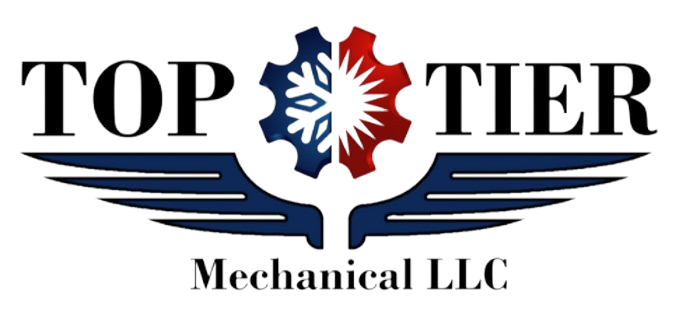Commercial HVAC: What Makes It Different from Residential Systems?
Heating, ventilation, and air conditioning (HVAC) systems are crucial for maintaining comfort in both homes and businesses. However, commercial HVAC systems are fundamentally different from residential ones in terms of size, capacity, installation, and maintenance. Understanding these differences can help business owners select the best system to meet their unique needs. Let’s explore what sets commercial HVAC systems apart.
Size and Capacity
The most significant difference between residential and commercial HVAC systems is their size and capacity. Residential HVAC systems are designed to heat or cool smaller spaces like homes, typically one or two stories. These systems are designed to handle a single space or a small building, requiring much less power.
Commercial HVAC systems are designed for larger spaces like office buildings and warehouses. They must provide consistent temperature control with powerful components, typically rated in tons—each ton equaling 12,000 BTUs per hour. Larger areas require more energy for optimal temperatures, necessitating higher cooling and heating outputs.
Zoning and Ductwork
Another key difference is the complexity of zoning and ductwork. Residential HVAC systems typically use one thermostat to control the temperature for the entire home. The ductwork is relatively simple, with one main system responsible for heating or cooling the entire home.
Commercial HVAC systems require multiple thermostats and complex ductwork to manage climate control across various rooms and spaces, such as offices and conference rooms. Zoning in these systems allows for independent temperature control in different building areas, ensuring efficient energy usage by heating or cooling only necessary spaces.
Maintenance and Longevity
Commercial HVAC systems are more complex and have more components than residential systems. As a result, they require more frequent maintenance to ensure that they function properly. Residential systems may only need annual service, but commercial systems often require more regular inspections and maintenance, especially since downtime can disrupt business operations.
Preventative maintenance is crucial in commercial systems. Businesses cannot have HVAC breakdowns during peak hours. Failures in offices or retail can lead to uncomfortable conditions, reduced productivity, or revenue loss. Regular servicing keeps the system efficient and detects issues before they become costly.
Energy Efficiency and Sustainability
Energy efficiency is critical for both residential and commercial HVAC systems, but the scale of energy use in commercial buildings is much greater. Commercial buildings typically have longer hours of operation, more occupants, and more equipment, which all contribute to higher energy consumption.
Commercial HVAC systems now utilize advanced energy-efficient technologies like variable refrigerant flow (VRF), energy recovery ventilators (ERVs), and high-efficiency units, reducing energy use while ensuring climate control in larger spaces. These systems focus on sustainability, helping businesses lower their carbon footprint and operating costs.
Cost Considerations
While commercial HVAC systems are generally more expensive than residential systems, they offer long-term cost savings. Although the initial investment is higher, the energy-efficient features of these systems can result in lower utility bills and fewer maintenance costs over time. The significant savings in energy and maintenance typically balance the larger upfront cost of a commercial system.
For businesses in Leesburg, Florida, Top Tier Mechanical
offers
expert HVAC services. With over 10
years of experience, we specialize in
commercial HVAC installations, maintenance, and repairs. Contact us today to ensure your commercial space remains comfortable and energy-efficient throughout the year.
